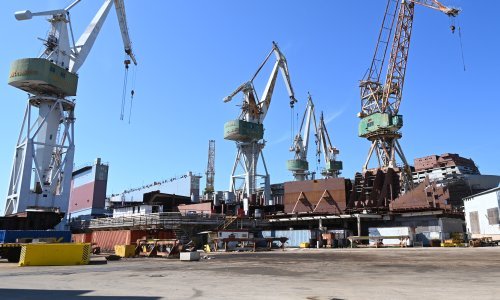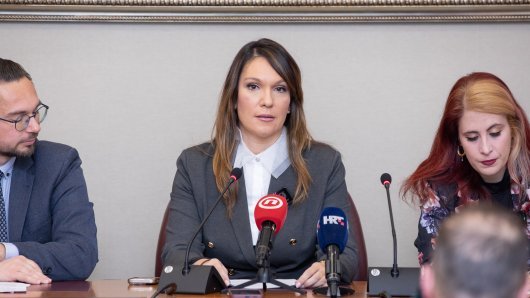The credit rating is the picture of Croatia and rating agencies are not ill-intentioned, Finance Minister Slavko Linic said on Friday, commenting on a downgrade of Croatia's rating by Moody's to the speculative level.
Since two relevant agencies, Standard and Poor's and Moody's, have assessed Croatia's credit rating as speculative, the government will reconsider the 2013 budget in the first quarter and possibly revise it, seeking possible expenditure cuts, since there is no real possibility to increase revenues, Linic told reporters.
He said today's government bond rating downgrade was not expected to significantly affect the price of borrowing but could have major repercussions on investments, notably in noncompetitive industries burdened with the high cost of labour and too high levies.
Recalling the reasons why Moody's lowered the rating, the minister said the agency warned that Croatia had no growth and that the growth outlook was poor given structural problems, that it had trouble with fiscal consolidation, that the foreign debt was growing, exports were insufficient and external vulnerability was high.
Linic said the Finance Ministry had nothing to add to that but that he might disagree about exports.
Moody's thinks we should turn to exports, yet the government believes that in these conditions of crisis and non-competitiveness one should fight to reduce imports, notably in the energy sector, he said, adding that the government's programmes focused on import reduction and not on exports.
Linic said the government had answers to Moody's remarks - it is consolidating the private sector through pre-bankruptcy settlement proceedings; encouraging investments, notably private investment in energy; stabilising public companies; privatising the Croatia Osiguranje insurance company and the Croatian Postal Bank; restructuring railways; completing the privatisation of the shipyards; and is responsible about the budget and state finances.
Croatia needs investments in energy, which is not so risky for investment, because Croatia and Europe are crying out for energy, the minister said.
He said the situation was different in other industries because they were burdened with the cost of labour and levies. However, it is difficult to change the mindset and encourage willingness to change the tax policy, he added.
Linic said one of the solutions was to impose property tax whereby the government would make up for the loss of revenue required for health care, resulting from the reduction in health care contributions by two index points. He said the government still intended to cut those contributions by a further six index points, adding that the property tax would be paid by wealthier citizens and companies whose real estate was not in use.
Regardless of the credit rating downgrade and its adverse impact on investments, it will help some people realise the state we are in, said Linic.
He said the government should not change its January growth projection because of the latest downgrade but focus on making sure the budgetary deficit does not exceed the projected HRK 10 billion (approx. 1.33 billion euros).




































